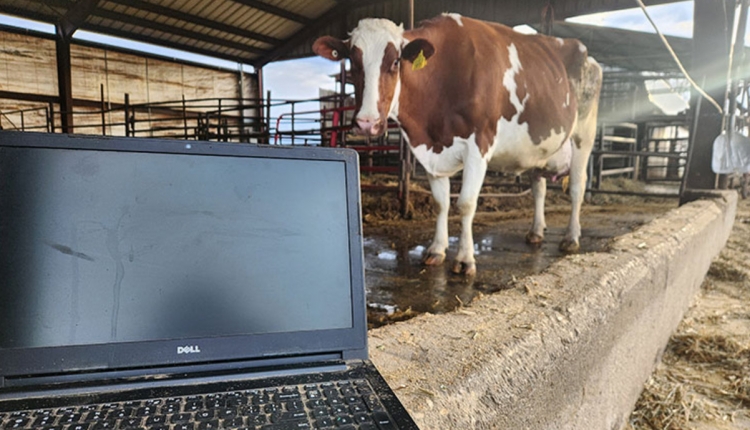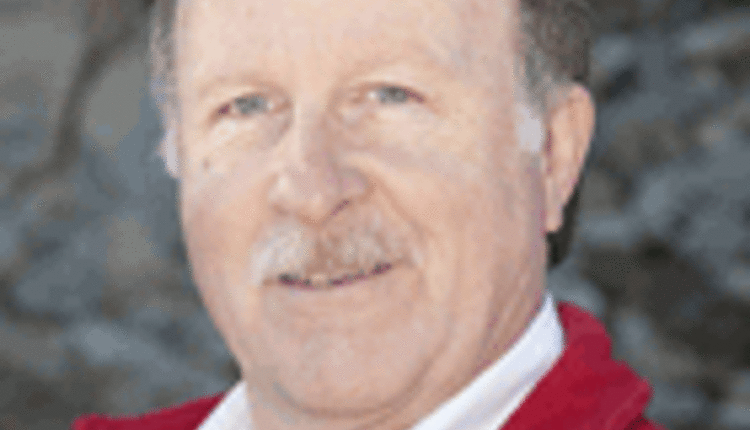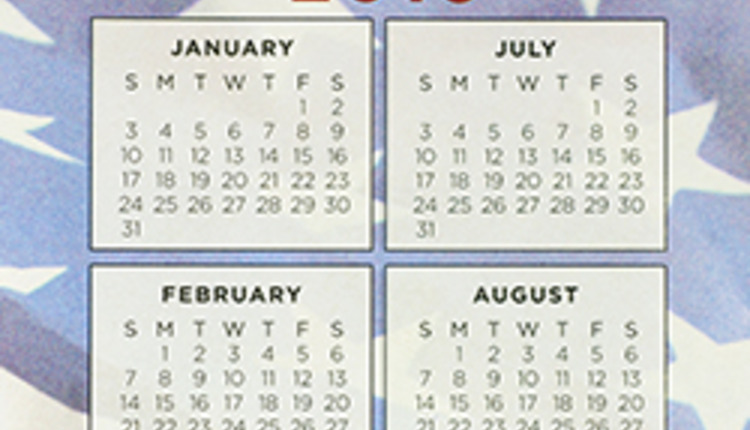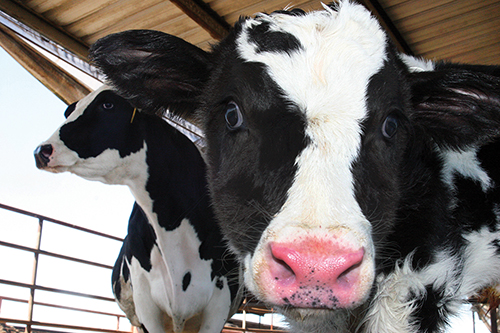
Tracking down the source of constantly sick calves can be maddening, so before your search goes too deeply into frustration territory be sure to check one of the constants in every dairy animal's life: the water source.
Water, unfortunately, often contains pathogens that can wreak havoc on the just-developing immune systems of calves. These include coliforms, E. coli, salmonella and cryptosporidium. Even more unfortunately, it's a threat that goes beyond the drinking bucket and can be magnified when producers try to do good things for calves.
For instance, when a dairy switches to accelerated or full potential feeding of calves, it means feeding more replacer per head per day – which is mixed with water. If the water contains moderate levels of pathogens, what was once a low pathogen intake challenge to the calves may increase by 50 to 100 percent.
One common treatment response for sick calves is oral electrolyte therapy – which is also mixed with water. Is it the same source as water used to mix the replacer? Is it the same source as the drinking water? And is it the same source as what is used to wash the mixing and feeding equipment?
Certain water treatment methods can also cause problems. Softeners, for example, increase sodium levels in water that at high levels can cause toxicity in animals. Once again, keep in mind that calves are much more metabolically sensitive to excess levels of just about everything.
A comprehensive water test might cost $50 to $100, but it is a bargain compared to the time, cost and and frustration of treating sick calves.
Donald Sockett, D.V.M., at the Wisconsin Veterinary Diagnostic Laboratory, offered a compelling reminder to dairy owners about the importance of a clean water source for calves at a recent industry meeting, saying:
"The greatest single improvement in human health and lifespan in history was the advent of drinking water treatments." It's a reminder that water for dairy animals is also much too important to take for granted.
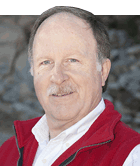
The author has served large Western dairy readers for the past 38 years and manages Hoard's WEST, a publication written specifically for Western herds. He is a graduate of Cal Poly-San Luis Obispo, majored in journalism and is known as a Western dairying specialist.




